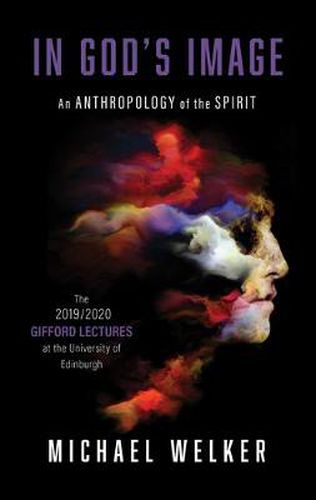Readings Newsletter
Become a Readings Member to make your shopping experience even easier.
Sign in or sign up for free!
You’re not far away from qualifying for FREE standard shipping within Australia
You’ve qualified for FREE standard shipping within Australia
The cart is loading…






From the 2019/2020 Gifford Lectures at the University of Edinburgh
In God’s Image describes how centering our culture on the human and divine spirit can revitalize four universally acknowledged characteristics of a thriving human existence: justice, freedom, truth, and peace. Inspired not only by religious sources but also by scientists, philosophers, economists, and legal and political theorists, Michael Welker develops the idea of a multimodal spirit that generates the possibility of living and acting in the image of God.
Welker’s new approach to natural theology explains why the human and the divine spirit cannot adequately be grasped in simple bipolar relations and why the human spirit should not be reduced to the rational mind. Addressing the question What is the calling of human beings? in the context of late-modern pluralistic societies, he aims at explaining to believers and nonbelievers alike what it means to be persons created in the image of God, moved by a spirit of justice, freedom, truth, and peace.
$9.00 standard shipping within Australia
FREE standard shipping within Australia for orders over $100.00
Express & International shipping calculated at checkout
From the 2019/2020 Gifford Lectures at the University of Edinburgh
In God’s Image describes how centering our culture on the human and divine spirit can revitalize four universally acknowledged characteristics of a thriving human existence: justice, freedom, truth, and peace. Inspired not only by religious sources but also by scientists, philosophers, economists, and legal and political theorists, Michael Welker develops the idea of a multimodal spirit that generates the possibility of living and acting in the image of God.
Welker’s new approach to natural theology explains why the human and the divine spirit cannot adequately be grasped in simple bipolar relations and why the human spirit should not be reduced to the rational mind. Addressing the question What is the calling of human beings? in the context of late-modern pluralistic societies, he aims at explaining to believers and nonbelievers alike what it means to be persons created in the image of God, moved by a spirit of justice, freedom, truth, and peace.